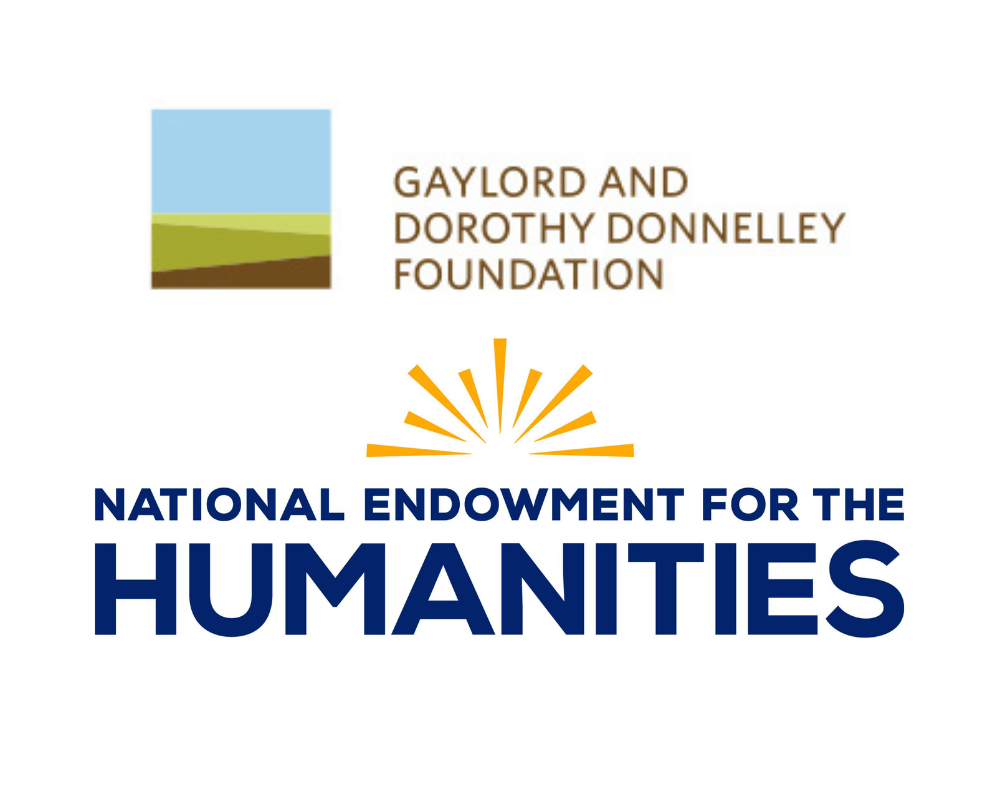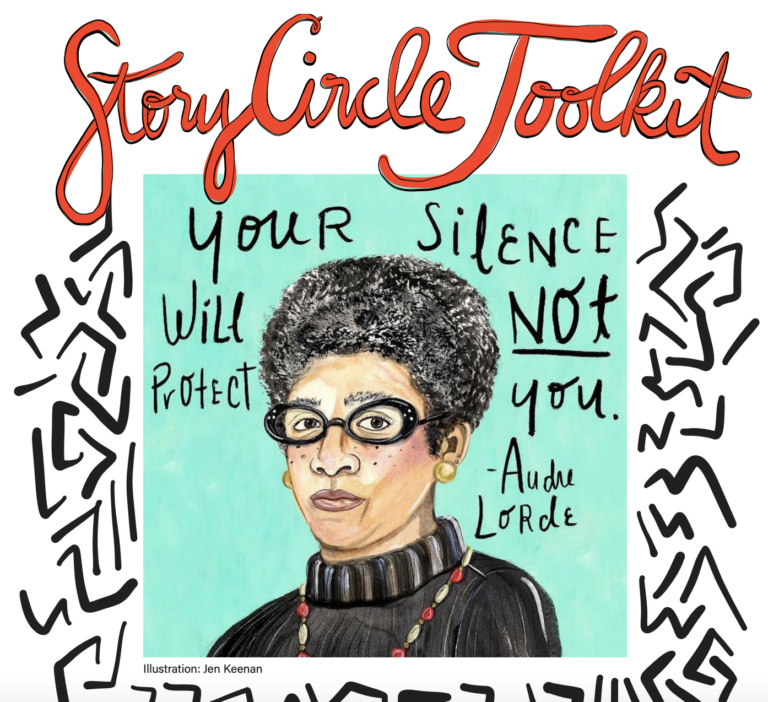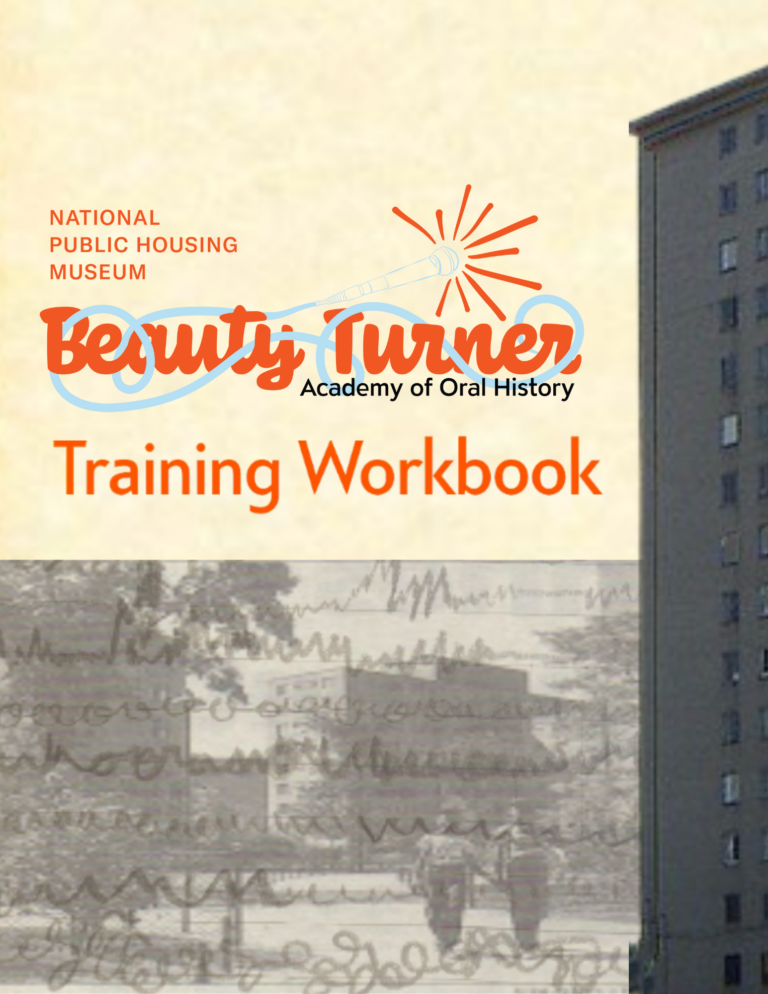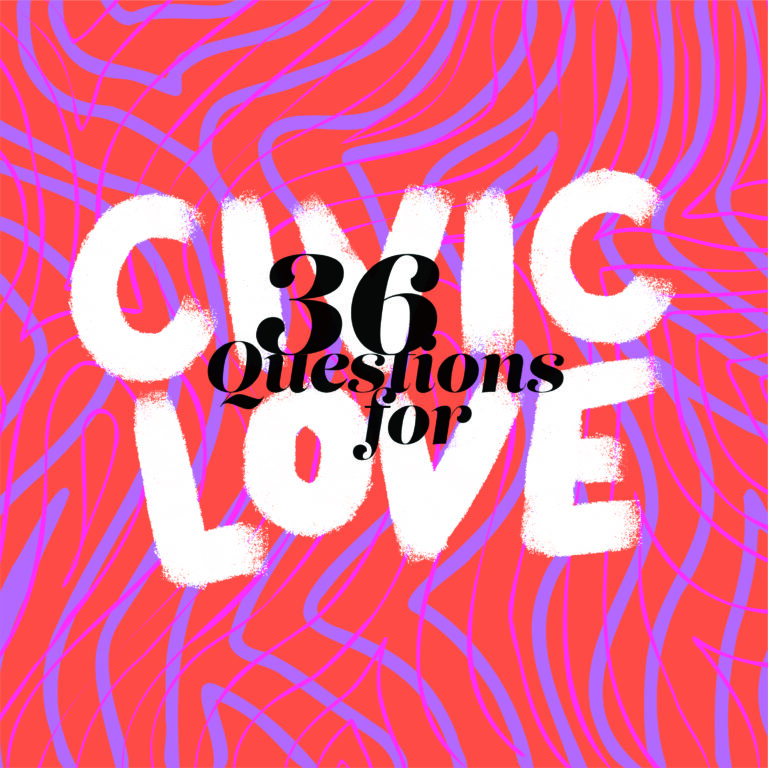

Equity-Focused Oral History Archive Policies
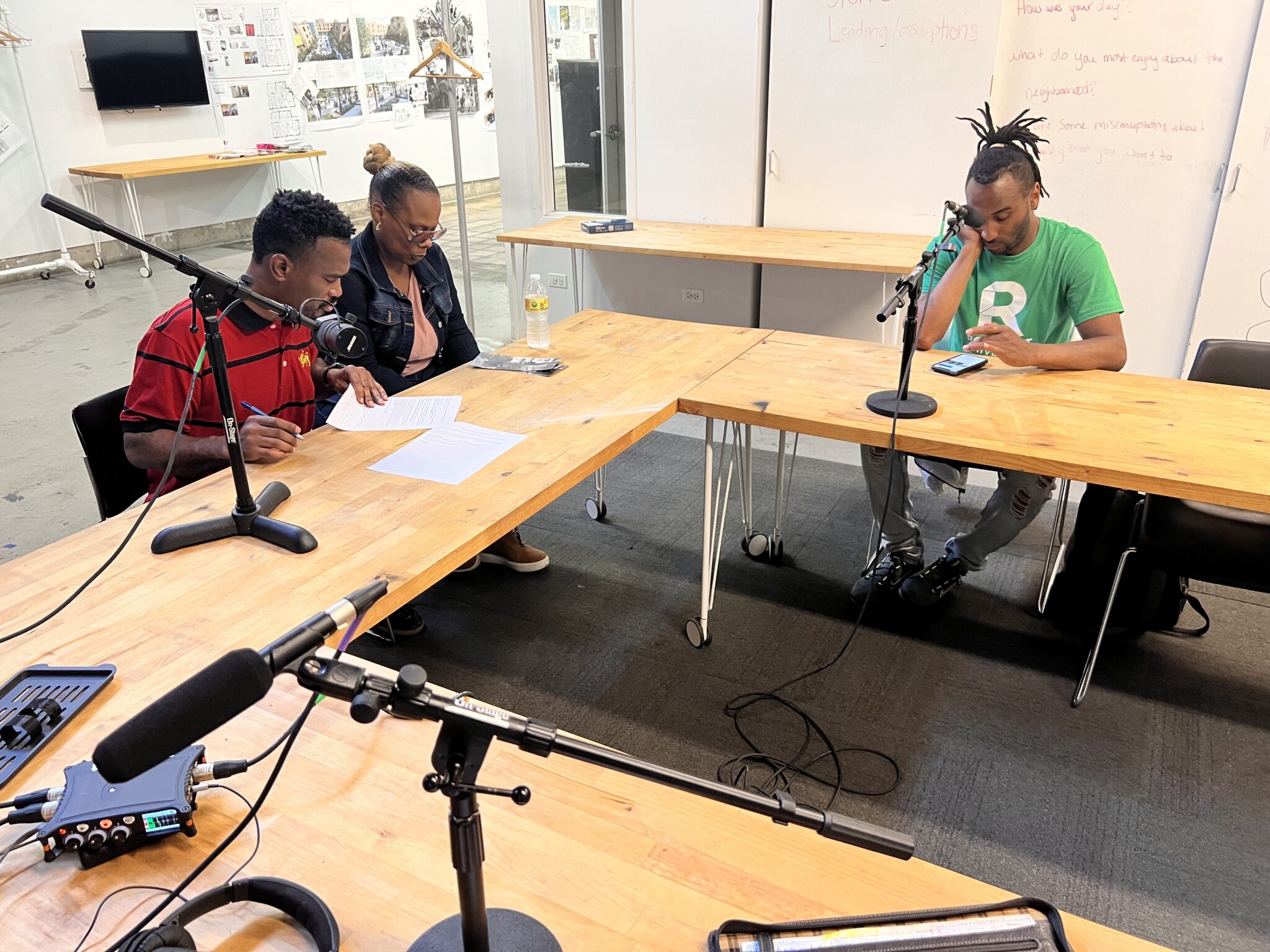
Archival Policies
Please note: all policies are subject to change as they continue to be workshopped by the Oral History Archive Working Group.
Our Archive Working Group collaborates with and learns from professional archivists and other memory workers to write narrator-centered policies for collections, access, and usage. See below for our current working drafts.
The group is currently researching and drafting additional policies, such as policies for protected access for vulnerable narrators; institutionalizing racial and identity-based equity; and downloading materials.
Full Community Agreements for Archive Access
- I understand that these interviews were voluntarily offered by former and current public housing residents, a population that is underrepresented and often misrepresented in mainstream media. While the NPHM Oral History Archive will not police how I use interview(s) and their associated materials, I am committing to interacting with them with humility, as well as respect and care for the narrators and their communities.
- I understand that my lived experience, including my work background, may impact which interviews I am able to access and use.
- I understand that, because of the oral history ethics of shared authority and continuous consent, a narrator may request to withdraw their interview from the NPHM oral history archive generally, or to be removed from my body of research specifically, at any time. If this happens, I agree to delete all copies of their interview(s) and associated materials from my files. I will take every step I can to remove quotations from that narrator’s interview materials, or any other usage of that narrator’s interview materials, from my body of research. NPHM acknowledges that this may not be possible for published materials.
- I will contact the NPHM Oral History Archive or the narrator to request to use quotations or other materials from the oral history archive. I or the museum will conduct a good faith effort (3 attempts at contact over the course of 30 days and using 2 contact methods, if available) to contact the narrator. I will abide by the narrator’s decision during or after the good faith effort. I understand that the narrator has veto power over all usage, and may exercise it at any time.
Current Policy and Best Practices for Interview Usage
Please note: all policies are subject to change, as they are being written in collaboration between our Archive Working Group, archival advisors, and public housing residents. The following is our ad-hoc usage best practices and policies.
As you review and find interview(s) that you may want to quote from, follow these steps:
- Pay attention to usage notes, as not all interviews that have been released for public access have been released for public usage. Most interviews that do allow usage require a 30 day “good faith effort” to gather narrator approval.
- Is your use for commercial purposes? You may not use the interview in this way. Commercial purposes would include any use wherein money is exchanged, even as a benefit or for a non-profit. Feel free to contact us if you are unsure about appropriate use.
- Request usage by contacting the museum and/or the narrator. Note which interview you want to use, which portion if you know, and how you plan to use it. If you are directly contacting the narrator, wait at least 30 days and use at least 2 contact methods to try to reach them. If you are using the museum as a liaison, expect to wait 30 days for narrator approval before you can use any material from the interview.
- If the narrator gives consent, you may use materials from their interview. Be sure to properly cite them (citation information is on each narrator’s page).
- If the narrator vetoes the use of their interview, you may not use the interview.
- If the narrator does not respond within the good faith effort period, you may proceed with usage. However, the narrator retains the right to contact you and veto usage after the good faith effort, so proceed with care.
We do not yet have an archive policy for reproduction of interview materials (ex, downloading a copy of a transcript). General reproduction of full-length interviews is forbidden until such policy is written and iterative consent has been granted by narrators. Individuals may include reproduction requests when personally contacting a narrator with usage request(s).
Full Policies and Best Practices
If you would like to see our full archival Policies Handbook, please contact the Oral History Programs Manager at [email protected]. Our policies will be rolled out publicly as community workshopping allows.
Accessibility Policy: Disability and Language Justice
All interviews in our Public Archive are transcribed in the written form of the language used in the interview, and made available alongside the audio file and finding aid. If you do not see the corresponding transcript to an interview, please contact the Oral History Programs Manager at [email protected].
The NPHM does not currently have the resources to translate every interview in its oral history collection to alternate languages, such as Spanish, Chinese , American Sign Language, French, etc., but will pay for translations upon request on an interview-by-interview basis. If you wish to have an interview in NPHM’s oral history collection translated into an alternate language, please contact the Oral History Programs Manager and they will work with you to find oral historian(s), transcriber(s), and/or translator(s) to translate the interview.
Archive users should expect a 30-90 day wait time between contacting the Archive and receiving their translated interview materials. The Museum will pay for translation services, retain a copy of the translated interview materials (written transcript and finding aid in the case of written languages, videos of signed interview and finding aid in the case of signed languages), and will share any and all translations of interview materials with the public in the same locations as the rest of the interview materials.
What’s a “good faith effort”?
We use this phrase in our policies that require narrator review. It involves:
- 3+ attempts at contact
- Attempts occur over 30+ days
- 2 methods of contact (as available)
Other Resources
The Oral History Programs are generously supported by the Gaylord & Dorothy Donnelley Foundation and the National Endowment for the Humanities.
Contact Us
Please email NPHM Oral History Programs Manager, Liú Chen, with any questions, concerns, or if you’re interested in getting involved.
